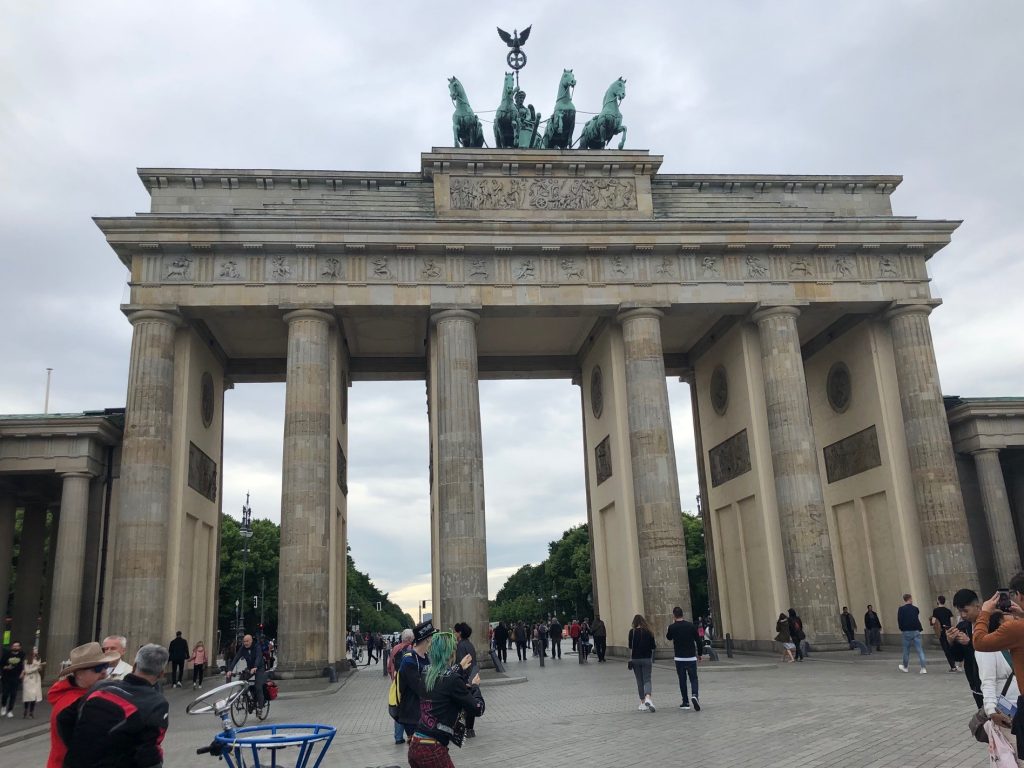
After over 20 years of hosting dialogue between the City of Berlin and Asia, this year’s Asia-Pacific Week saw a new rebrand as the AsiaBerlin Summit, with a focus on urban tech as part of Berlin’s investment landscape. The new name wasn’t the only difference to previous editions as the event was held on a hybrid basis, both as a ‘traditional’ on-site summit but also augmented by online attendees. As such, unlike in previous years, JLGC staff were only able to participate online rather than travel to Berlin for the event.
The purpose of Berlin’s Asia-Pacific Week and now the AsiaBerlin Summit has been to promote a blend of keynotes and workshops around business, culture and society on behalf of a range of players from city governments, investment agencies and corporates. Continuing 2019’s theme of innovation ecosystems, the 2020 Summit was organised around connecting startup ecosystems in Berlin and Asia, with a specific focus on day two of the event around urban tech, a key specialism for the city’s tech economy.
The summit was opened by Berlin Senator for Economics, Energy and Public Enterprises Ramona Pop, who emphasised that “As a diverse, young, innovative and international city, with a growing and English-speaking startup ecosystem, Berlin is the strongest partner for Asia and the European Union, even more so since Brexit.” The first day also heard from speakers from Japanese business (Hiroaki Kageyama, ASICS Ventures) on how Japan’s specialism in deep tech can learn from German startups’ expertise in sustainability, not least as the ‘Siemensstadt 2.0’ smart neighbourhood project developed in partnership between the city and Siemens is already attracting the attention of policymakers globally.
The second day also began with insight from the Japanese corporate world with Naoyoshi Yoneyama of Solarisbank, who spoke of the widespread appetite for disruption in Japan, even among corporates. There were a variety of useful sessions on diversity in tech and the global edtech market, but the urban tech strand was most likely to be of interest to city policymakers. Tony Verb, founder of GreaterBay Ventures, told attendees “The issues that can be solved in Asia are numerous. This is the region where urbanisation is taking place fastest. So this will be a very important place for urban tech. It is happening in Asia right now, it’s a huge market.” However, as if to underscore the need for events to share knowledge to build ecosystem collaboration such as the summit, Ikuo Hiraishi of Infarm commented “When entering the Japanese market it takes a long time to win the trust and build the relationship.”
The event continues to attract speakers and participants from diplomatic, representative and city organisations from its origins in 1997 as a more cultural exchange and as such represents a new fixture in networking possibilities among all the actors of ecosystem development in Berlin and Asia, not least Japan. Among all of the useful takeaways for those engaged in economic development activity, as one of the summit’s ambassadors helpfully remarked, “Network is net worth”.

